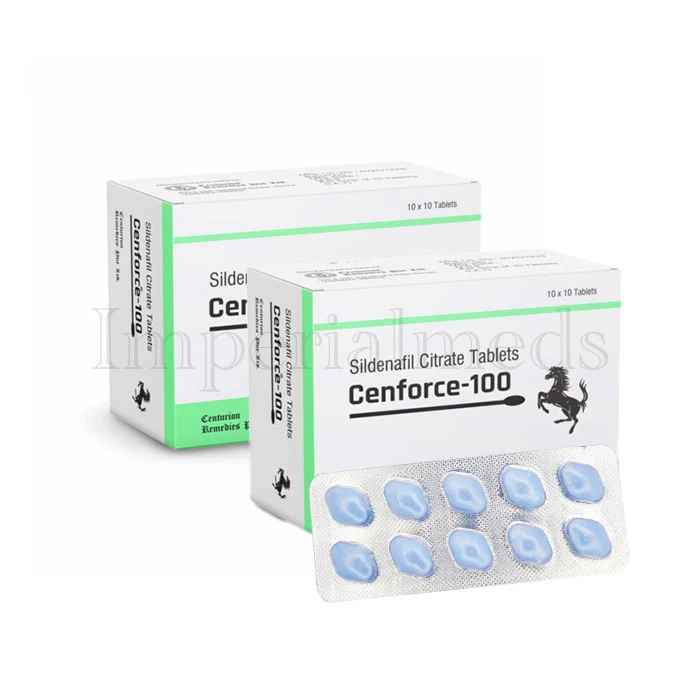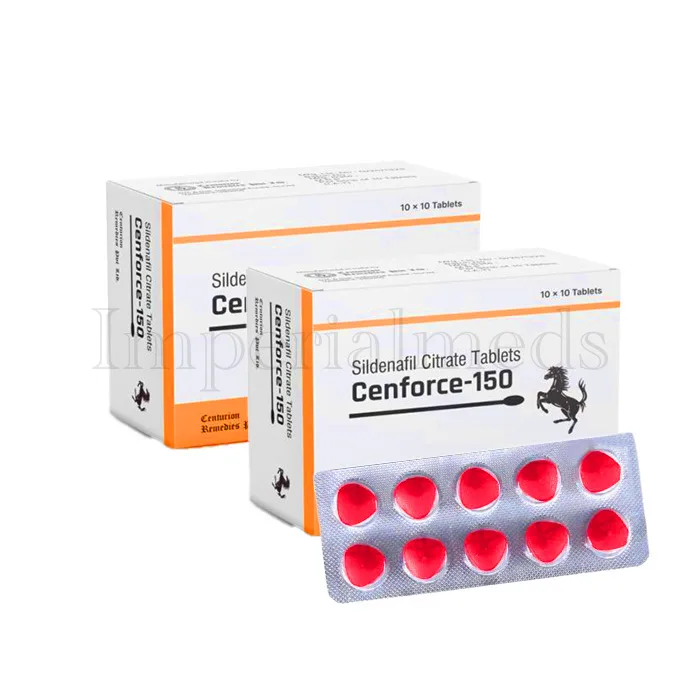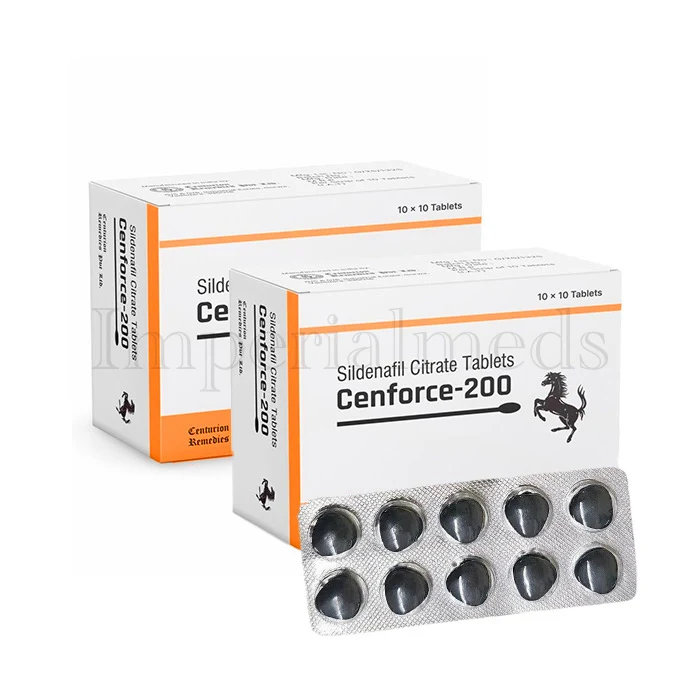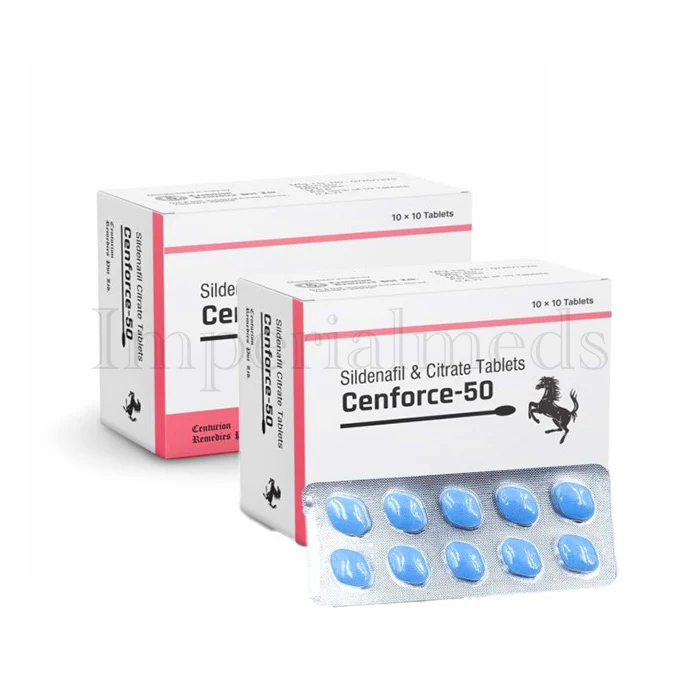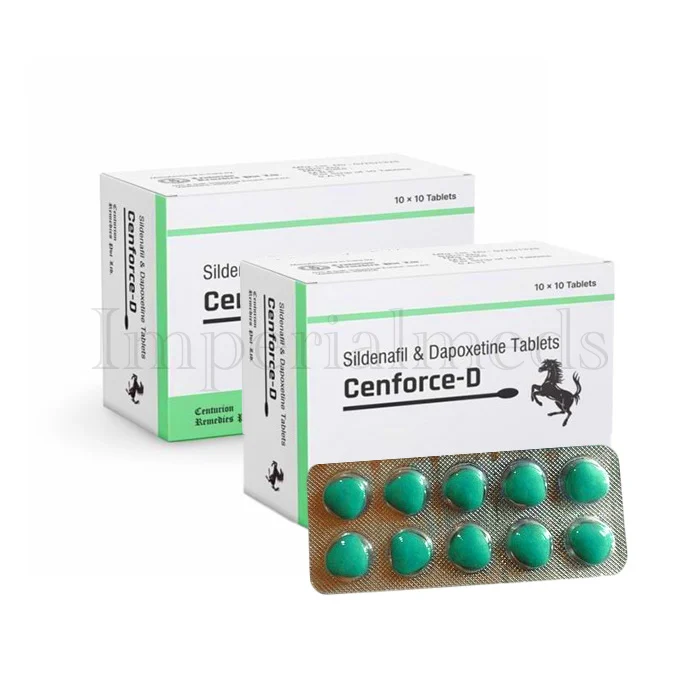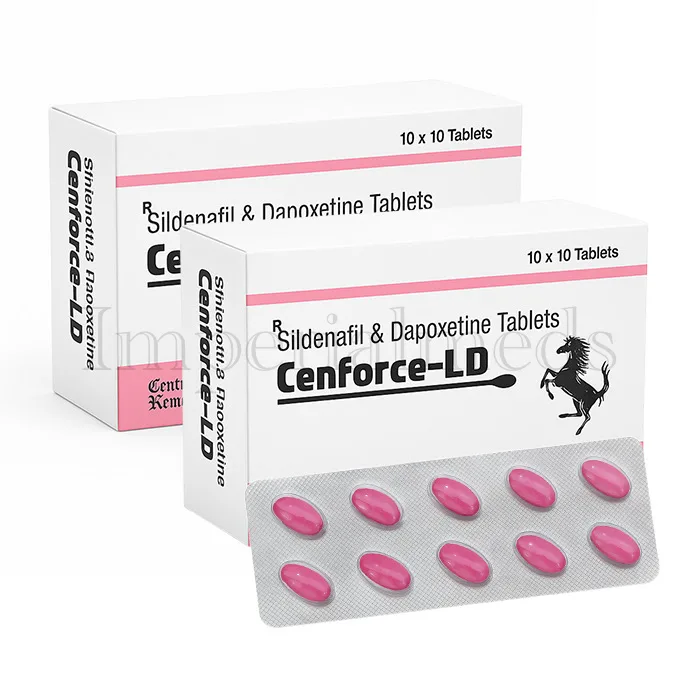Erectile Dysfunction
What Is Erectile Dysfunction?
Erectile dysfunction or impotence represents a medical state which disrupts male sexual capability by making it difficult to attain either full sexual enlightenment or by developing a weak erection incapable of supporting sexual activity. It is quite a common issue, especially in older males. There are several natural, physical and psychological factors that may lead to Impotence and the following are some of them.
For instance, cardiovascular diseases including heart disease, diabetes, obesity and other diseases, which affect blood flow can lead to impotence (Erectile dysfunction). Out of it, stress, anxiety, or depression are also known to be associated with issues with sexual desire.
Erectile dysfunction is not only a medical problem but also leads to several issues in couples. This may explain why some men suffer from low self-esteem given the condition that they have known as Impotence.
This cannot but aggravate the situation from an emotional point of view at least to an even worse level. As well, certain other conditions like alcohol consumption, smoking, or lack of striking exercises also result in Impotence.
Symptoms of Erectile Dysfunction
- Difficulty achieving an erection:- He may present the usual one; he can present sometimes or mostly present the one.
- Inability to maintain an erection:- Third, it may cause an erection, nonetheless, it may not last even during intercourse.
- Reduced sexual desire:- Some of the evident symptoms of Erectile Dysfunction are that the interest for sex has reduced.
- Delayed or absent orgasm:- It is also a sign if one sometimes feels that it is difficult for them to ejaculate / reach an orgasm during sexual intercourse.
- Inconsistent erections:- Also, such a situation when the level of erection does not stabilise at a certain level can be quite infuriating.
- Stress and anxiety:- It is these feelings that are usually as a result of recurrent cases of erectile dysfunction.
- Impact on self-esteem:- Chronic ED affects self-confidence; spoiling the quality of the life of people who suffer from it.
- Relationship issues:- This can lead to parties such as families becoming averse to one another or arguments may ensue.
- Possible underlying health conditions:- These symptoms of Impotence may be as a result of some diseases such as diabetes or heart diseases or brought about by another disease.
- Influence of lifestyle factors:- Some conditions which include smoking, excessive intake of alcohol and no exercise can also make some symptoms worse.
Expert (Lisa Pechey) Recommended Read:-symptoms of ed
Causes of Erectile Dysfunction
- Heart disease:- He noted that this is because it inhibits the supply of blood hence making it difficult to achieve an erection.
- Diabetes:- Affects nerves and blood vessels making a man prone to getting erectile dysfunction.
- Obesity:- Causes hormonal imbalance problems and also affects the blood circulation.
- High blood pressure:- Harms the circulation of blood which is necessary in order to have an erection.
- High cholesterol:- May lead to blood vessel injury thus resulting in erectile dysfunction (Impotence).
- Smoking:- This leads to the narrowing of the blood vessels, decreasing the blood flow to the penis.
- Excessive alcohol consumption:- Affects the nervous system, which impacts on erectile dysfunction.
- Sedentary lifestyle:- Inactivity decreases the heart’s wellbeing and affects the erections.
- Stress and anxiety:- These are the psychological factors that may affect the sexual performance.
- Depression:- Medications may suppress sexual desire while simultaneously interfering with both the ability to achieve and maintain an erection.
- Certain medications:- The combination of blood pressure medication with anti-anxiety or depression drugs can have impotence as a side effect.
- Hormonal imbalances:- A person’s erectile dysfunction can have its source in low testosterone levels and problems within their hormone system.
- Nerve damage:- Impotence is influenced by two major diseases which include Multiple Sclerosis and spinal cord trauma.
- Sleep disorders:- Lack of sleep has multiple adverse effects that harm sexual health and cause erectile dysfunction.
- Peyronie’s disease:- The development of penis bends occurs due to this condition which makes both painful and impossible erections to form.
Expert (Lisa Pechey) Recommended Read:-causes of ed
Types of Erectile Dysfunction
- Primary ED:- This happens when a man has never had an erection at all and is often related to severe developmental problems. Expert (Lisa Pechey) Recommended Read:- Primary ed
- Secondary ED:- Usually occurs more frequently and in men who before had normal erectile health and is mostly due to physical factors. Expert (Lisa Pechey) Recommended Read:- Secondary ed
- Situational ED:- Occurs in certain circumstances or with particular individuals, usually connected with tension or other negative feelings. Expert (Lisa Pechey) Recommended Read:- Situational ed
- Psychogenic ED:- Psychological disorder There is no known physical reason for it, but stress or depression can bring it on.Expert (Lisa Pechey) Recommended Read:-Psychogenic ED
- Organic ED:- can arise from physical factors, including inadequate blood supply, nerve compression, or hormonal changes.Expert (Lisa Pechey) Recommended Read:-Organic ED
- Vascular ED:- It results from insufficient blood supply to the penile tissue and is associated with heart disease or atherosclerosis.Expert (Lisa Pechey) Recommended Read:-Vascular ED
- Neurogenic ED:- Due to the damage of nerves it may be as a result of diseases such as multiple sclerosis or spinal injuries.Expert (Lisa Pechey) Recommended Read:-Neurogenic ED
- Endocrine ED:- has associations with hormonal imbalances, such as low testosterone hormone levels.Expert (Lisa Pechey) Recommended Read:-Endocrine ED
- Medication-induced ED:- Folded under Side effects of certain drugs such as those used to control blood pressure or for treating depression.Expert (Lisa Pechey) Recommended Read:-Medication-induced ED
- Mixed ED:- Both the physical and psychological aspects involve a complex problem that often requires a complex solution.Expert (Lisa Pechey) Recommended Read:-Mixed ED
Erectile Dysfunction Test and Diagnosis
The management of erectile dysfunction is done by urologist or endocrinologist. Nevertheless, cardiologists deal with circumstances that are related to the heart ailments. At the same time, mental health specialists are concerned with the psychological factors.
The following tests can help in diagnosing erectile dysfunction –
- Physical examination of the testicles and the penis
- Blood test
- Checking Complete blood count (CBC)
- Lipid panel
- Kidney and liver function tests
- urine test
- Penile Doppler ultrasound
- Magnetic resonance angiogram (MRA)
Expert (Lisa Pechey) Recommended Read:-Erectile Dysfunction Test and Diagnosis



